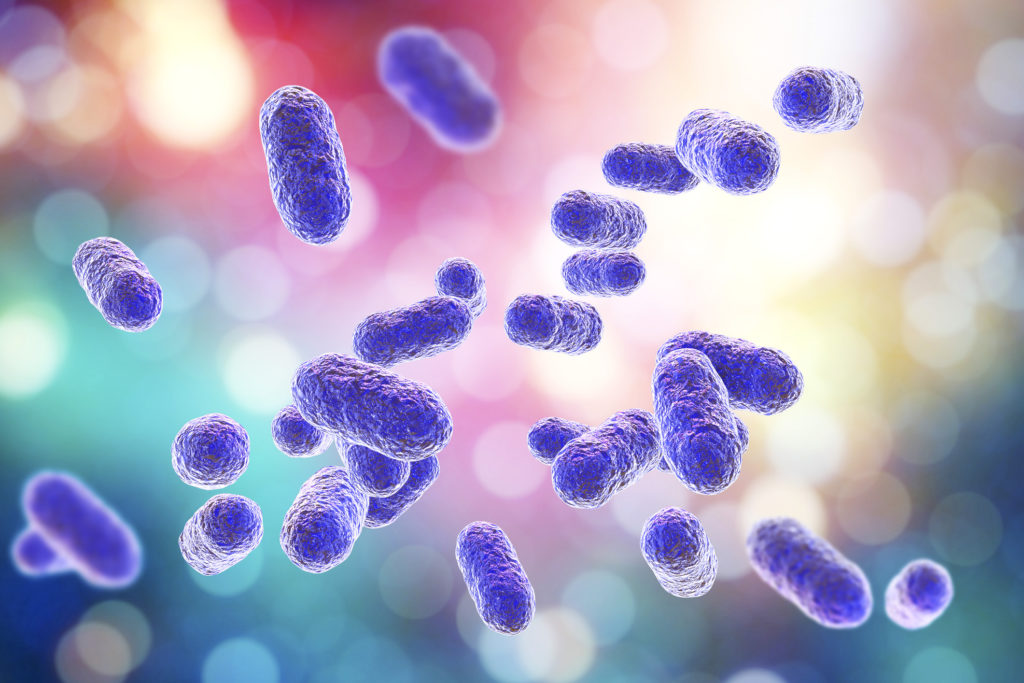
Autism, a neurodevelopmental condition characterized by decreased social communication and repetitive behaviours, has long intrigued scientists seeking to unravel its underlying mechanisms. Researchers from the Azrieli Faculty of Medicine of Bar-Ilan University have now identified a potential link between autism and the composition of the gut microbiome.
The researchers analyzed the diversity of the gut microbiome in an Israeli cohort of 96 individuals diagnosed with autism and 42 neurotypical individuals. Their findings, recently published in the journal npj Biofilms and Microbiomes, point to significant differences in both alpha and beta diversity in autists and identify specific types of bacteria that are found at higher abundance in individuals with autism.
The key discoveries include an unexpected increase in alpha diversity, a measure of microbial diversity, and a notable rise in the relative abundance of the phylum Bacteriodetes and the genus Bacteroides in autists. Traditionally, decreased alpha diversity has been associated with compromised health in various conditions. However, the increased alpha diversity observed in the autistic cohort challenges prevailing notions, especially considering its potential connection to neurological diseases. Bacteroides, normally found in the human gut microbiome, may disadvantage health when increased in abundance.
The researchers conducted experiments involving newborn mice to investigate the potential functional consequences of these microbiome changes. Mice treated with Bacteroides fragilis at birth exhibited social behaviour dysfunction, increased repetitive behaviours, and gene expression dysregulation.
“Our research suggests that an overabundance of Bacteroides, particularly in early life, may have functional consequences for individuals with autism. This sheds new light on the complex interplay between the microbiome and neurodevelopment in individuals with autism,” said the study’s lead researcher, Prof. Evan Elliott, of Bar-Ilan University’s Azrieli Faculty of Medicine. The study was conducted with Prof. Omry Koren, a microbiome expert at the Azrieli Faculty.
Intriguingly, these effects were observed primarily in male mice, with female mice showing no behavioural deficits. This suggests that males may be more susceptible to environmental factors contributing to autism. The research underscores the importance of further investigation into the sex-specific aspects of autism and the potential role of microbial composition.
The implications of this research extend beyond the laboratory, offering potential avenues for further exploration into the long-term effects of microbial interventions during early developmental stages and their implications for brain development.
Prof. Elliott’s research into mechanisms between microbiome dysbiosis and autism behaviour is now receiving international recognition and a significant boost. The Eagles Autism Foundation, established by the Philadelphia Eagles football team, has just announced that Elliott’s work is among 34 projects specializing in cutting-edge autism research and care that will receive a total of $6.2 million in funding.